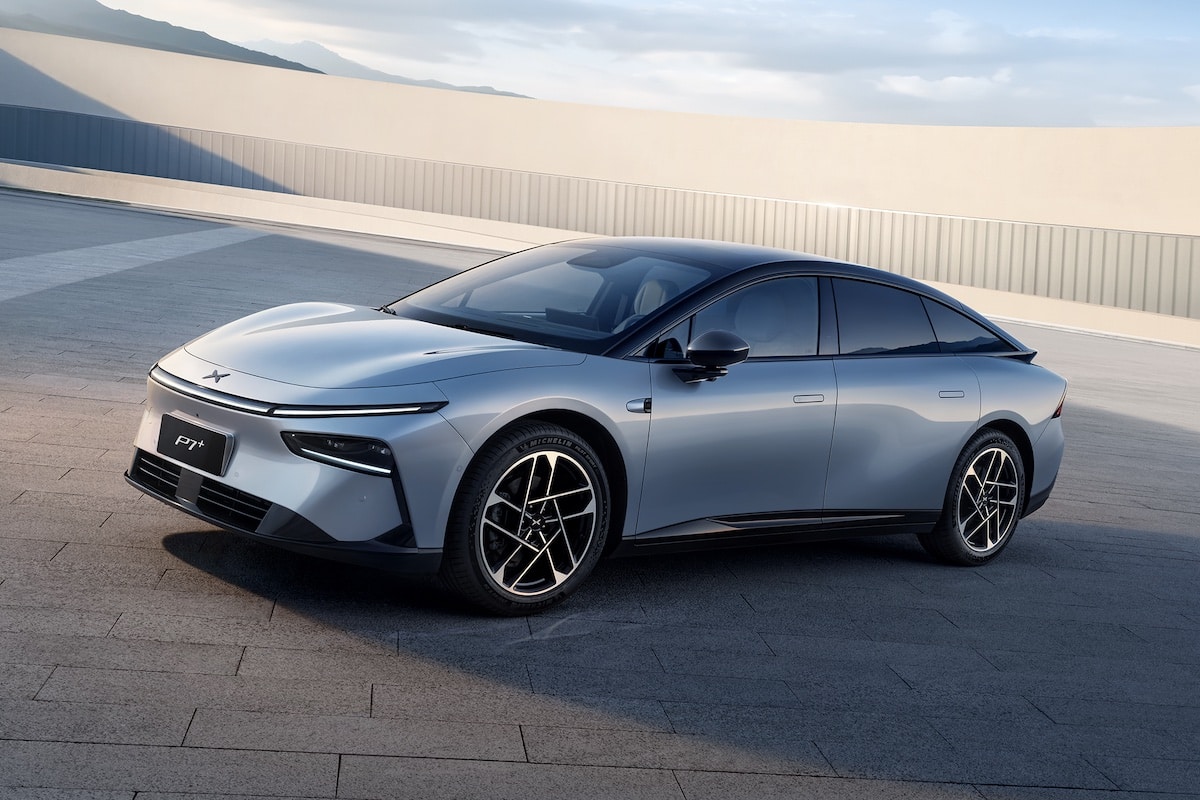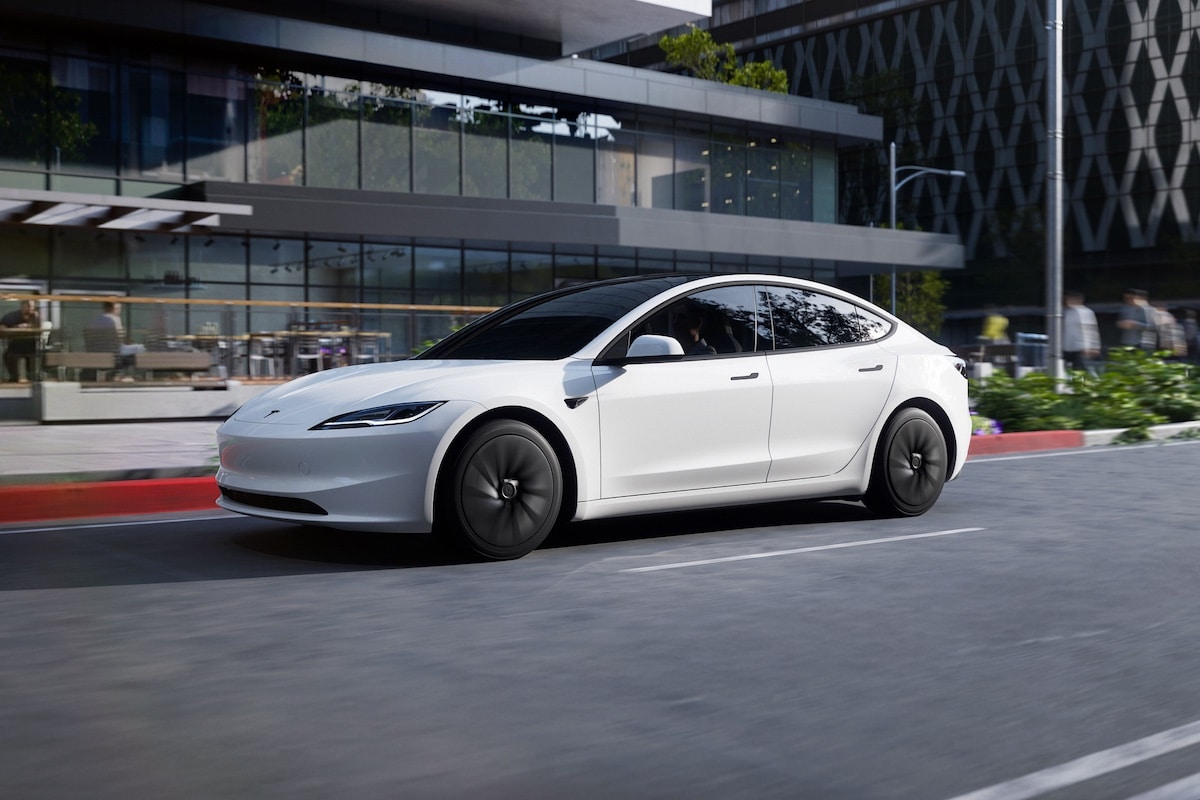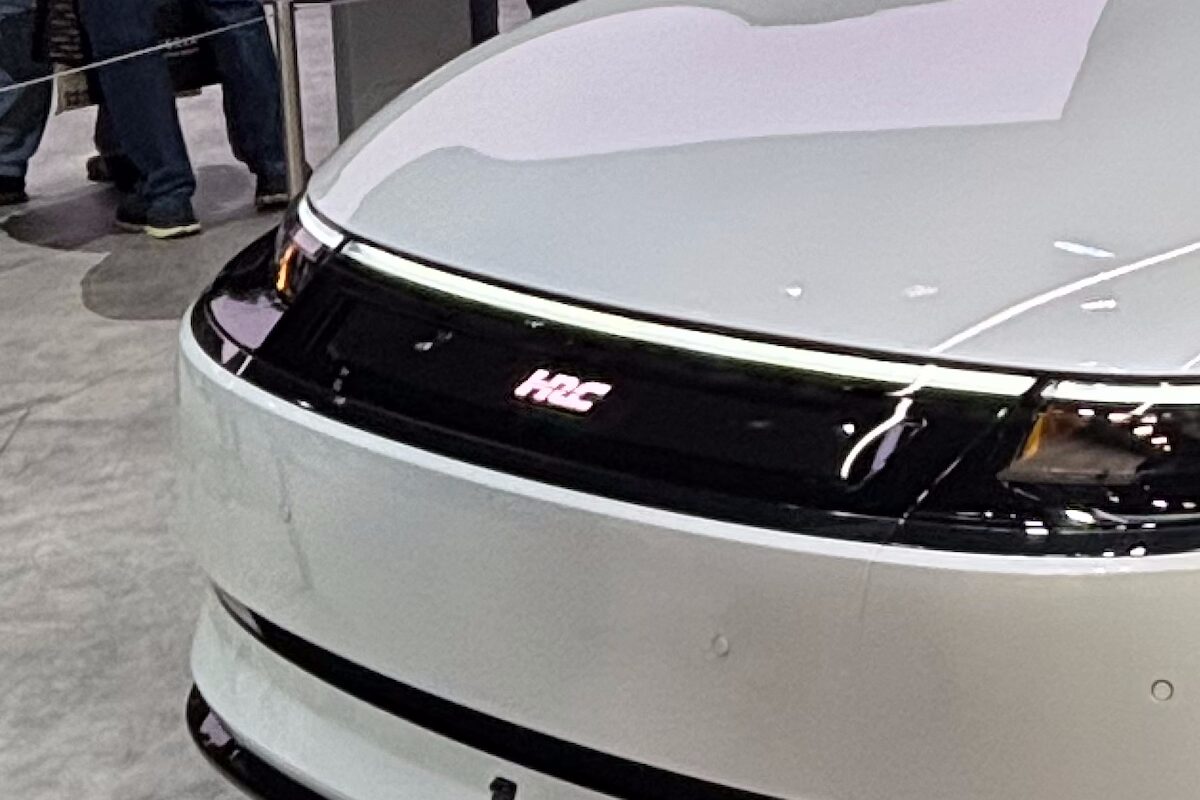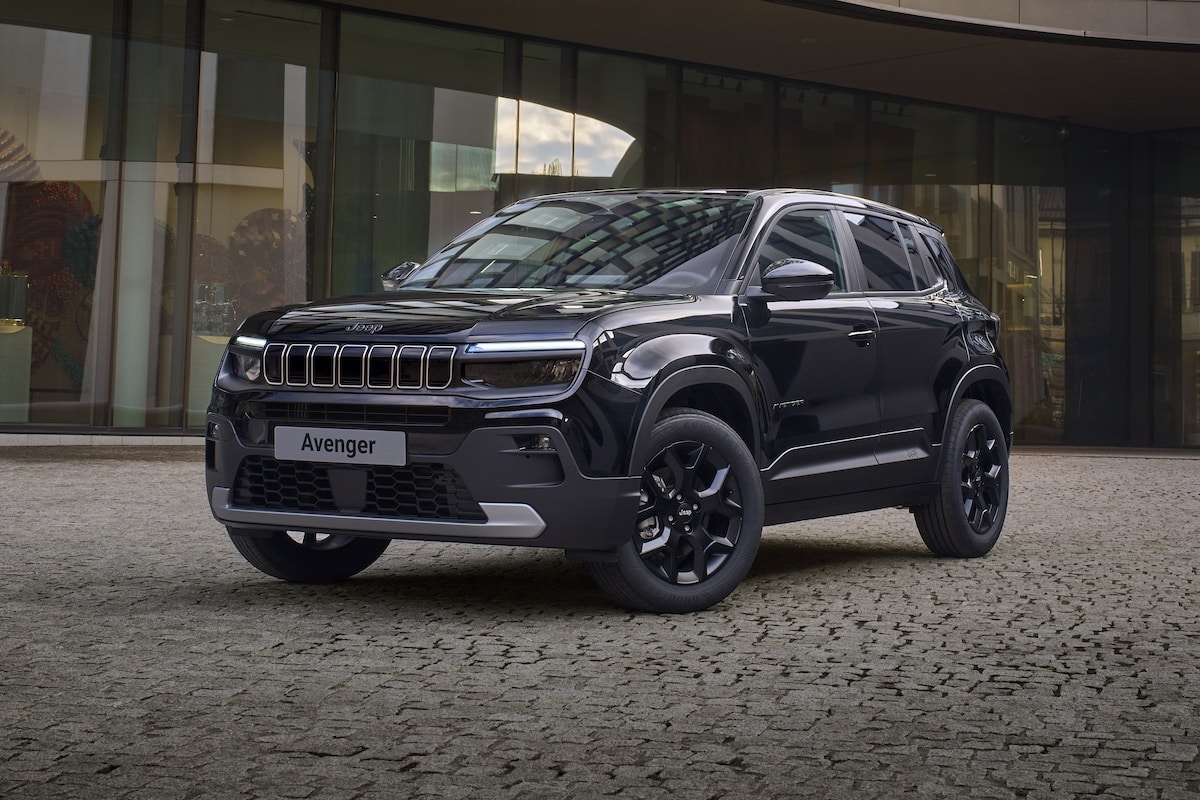Great Public Debate: What Do You Think About the Eco-Friendly Bonus?
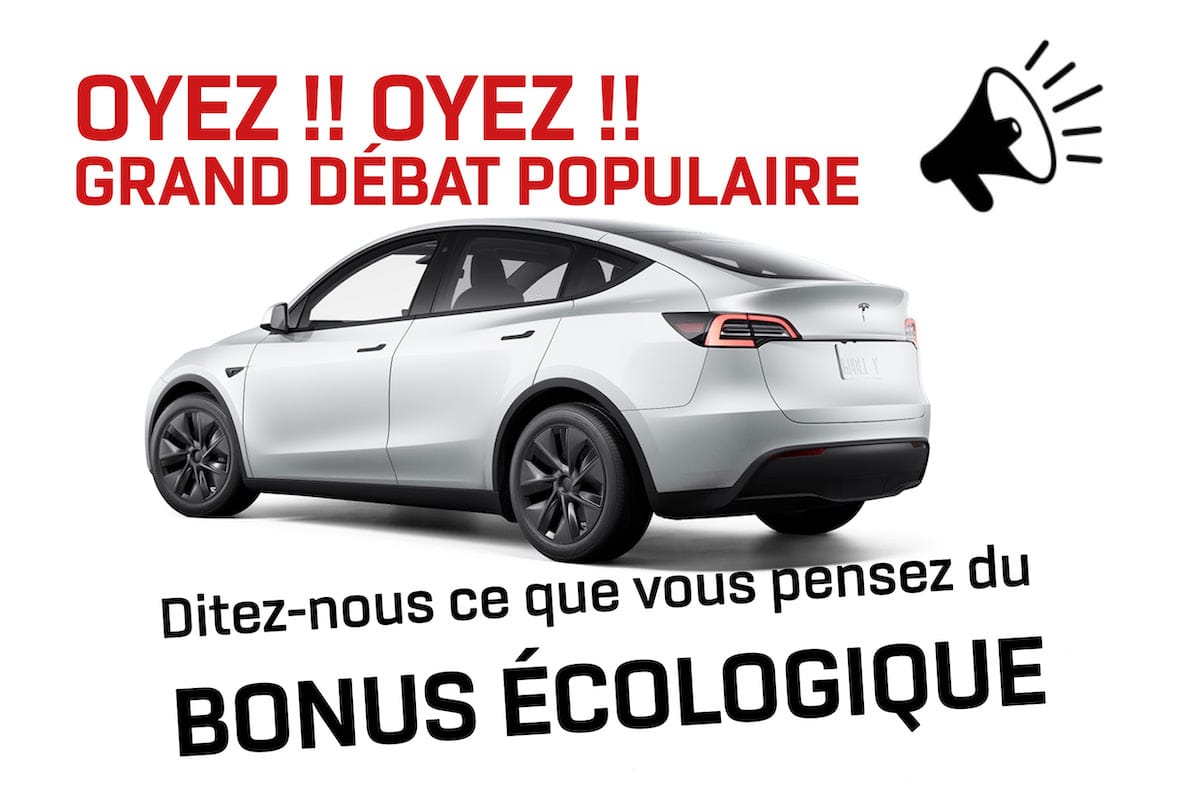
With an annual cost of 1.3 billion euros, is the funding of the ecological bonus in France still relevant? SHARE YOUR OPINION!
At a time when French government finances require significant sacrifices on essential public services such as health, education, security, and pensions, is the funding for electric cars up to a cap of 47,000 euros— or even more by playing on the notion of finish—still justified?
Should taxpayers’ money be used to help buy electric SUVs that only wealthy families can afford, as they are far from the daily emergencies for many citizens?
READ ALSO: Tesla and the sham of the ecological bonus
Should the ecological bonus be limited to small city cars around 20,000 euros that make up the majority of the vehicle fleet and thus contribute most to air pollution?
Should France imitate Germany, as well as many other countries, which have decided to remove this aid even though the cost of electric cars is now less than or equal to that of thermal cars?
Is the ecological bonus a gift to the rich?
This debate raises crucial questions: Is this bonus really intended for everyone, or is it a fiscal gift for the wealthiest households? Indeed, these SUV models, although less polluting than their thermal counterparts, remain inaccessible to a large majority of the population.
The figures are revealing. An electric SUV, even with a 4,000-euro bonus, remains a significant investment. For many French households, purchasing a vehicle at this price is simply impossible, even with government aid. On the other hand, these fiscal incentives allow high-income households to acquire expensive vehicles while benefiting from financial support that some argue is unnecessary. This paradox questions the social fairness of this measure.
Should the ecological bonus be refocused?
Some observers propose restricting access to the ecological bonus to more affordable vehicles, which would truly benefit the middle class and modest households. By reducing the bonus eligibility for vehicles exceeding a certain price, the state could redirect funds to those who need them most. This would maximize the ecological and social impact of this measure, helping French people transition to more affordable electric vehicles.
Others, however, argue that any incentive to purchase electric vehicles is worthwhile, regardless of the vehicle’s price. After all, the ecological transition requires large-scale changes, and electric SUVs, although costly, can play a role in reducing CO2 emissions.
And you, what do you think?
The question remains open: should the ecological bonus be limited to smaller, cheaper cars? Is it justified that wealthy households receive assistance for luxury vehicles? Or, on the contrary, is it a necessary evil to accelerate the transition to greener mobility? We invite you to join this important debate, to express your opinion, and share your ideas on this hot topic. Together, let’s think about the best way to reconcile social justice and ecological urgency.
Join the discussion in the comments below this article!
This page is translated from the original post "Grand débat populaire : que pensez-vous du bonus écologique ?" in French.
We also suggestthese articles:
Also read
